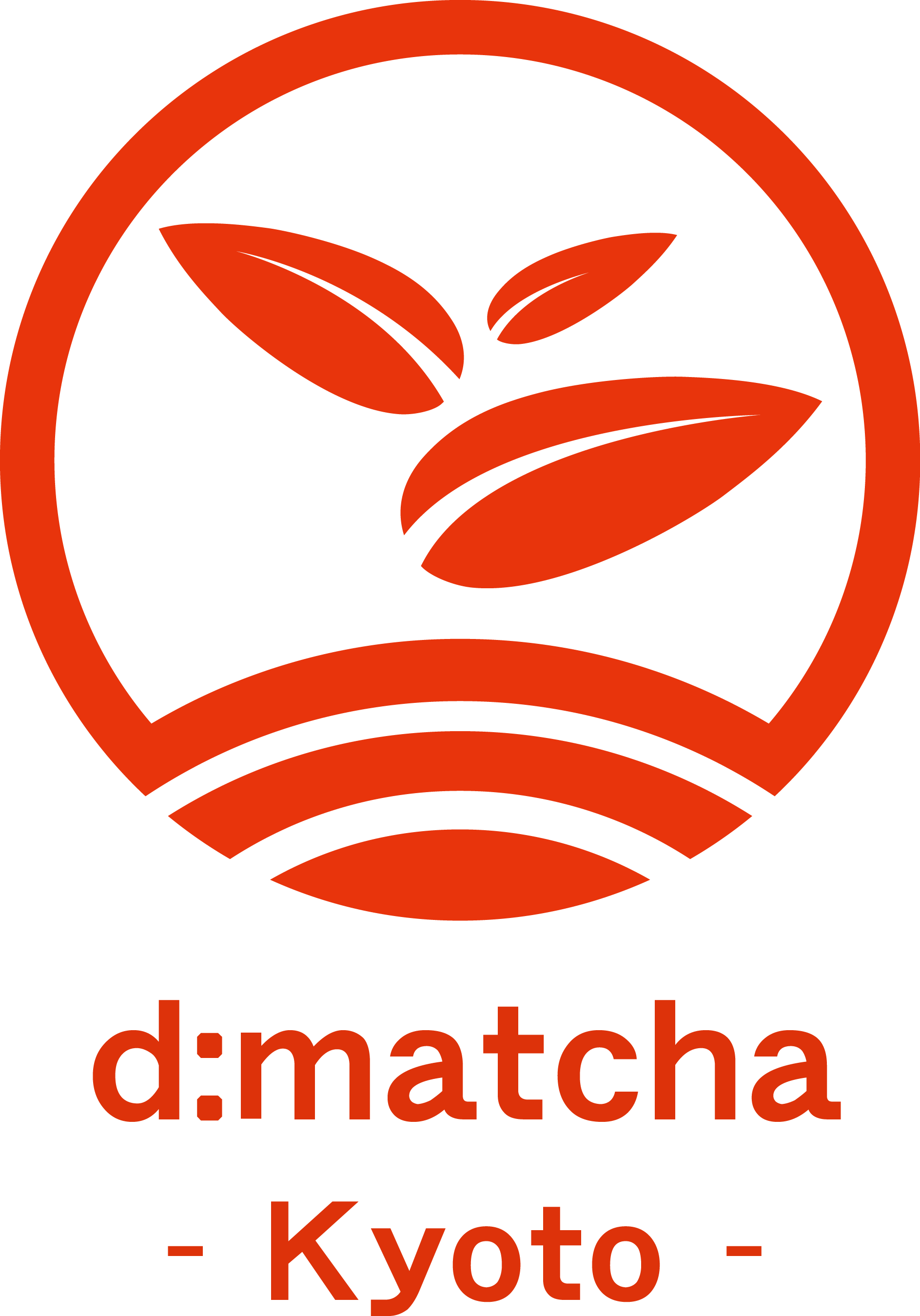Ethiopian Coffee meets Japanese green tea
Comparison of the unique tradition and nature of smallholder farming

On a hot Sunday afternoon in Tokyo, I removed my phone to capture the neatly paved market stalls leading to the façade of Sensoji Temple. In my selfie appeared Dawid, an Ethiopian man who has been living in Tokyo for the last 7 years. He offered to take a photo of me and if you have ever been a solo adventurer who loves photos you can imagine how excited I was.
Dawid initially traveled to Japan to produce documentaries about Japanese culture for the Ethiopian embassy. After one year of work and also learning with a university in Tokyo, he identified an opportunity to import premium Ethiopian coffee into the Japanese market.
There are a lot of similarities and differences between Japan and Ethiopia in the way they consume green tea and coffee respectively.

90% of the coffee produced in Ethiopia is consumed locally similar to the 95% of green tea consumed in Japan. Japanese love to drink coffee but unlike Ethiopians, they like their coffee very dark without cream or sugar.

Also, coffee ceremony is to Ethiopia as tea ceremony is to Japan. There is a lot of art, culture, paintings, tea ware/utensils and traditions that are crafted into the drinking of the beverage in both countries.
Although coffee is more celebrated across the world than green tea, green tea is increasingly becoming popular. Most tourist in Japan who are coffee lovers find Houji-cha - roasted green tea with brown color - as a good introduction to green tea.
Similarly, coffee is becoming increasingly popular in Japan. At D:matcha which is a cafe in Wazuka, a town popularly known for green tea farming, they make a moderate amount of coffee sales because most farmers have green tea at home and would like to try something different whenever they eat out. I was not surprised when a saw a few coffee shops at Uji which is a popular place in Kyoto with lots of history about green tea.

The Japanese government recognizes this threat to the tea industry especially since local consumption is a bigger part of the market. Taxes on coffee importation are very high and they are a lot of subsidies available for green tea farmers including subsidies to hire laborers, transport produce and go on sale trips. I met an American entrepreneur in my local town who trades in green tea. He has been trying to import Hawaiian coffee into Japan but is worried about the taxes. Dawid also mentioned, that doing this business has been quite challenging.
The nature of farming is also similar between these two countries. The most popular form of green tea farming is the cultivation of 2-4 hectare farms same as coffee farming in Ethiopia but its sad to admit that the level of income per hectare is significantly different. Green tea farmers in Wazuka are able to save and own their own tea processing plants. Mostly, two farmers come together to build one plant which is approximately worth $2m in addition to government subsidy. With a population of 4,000 and 300 farmer families, there are 130 processing plants in Wazuka. There are approximately 4 cars per farmers with about two of them being small trucks. Just like in other developing countries, agriculture in Japan is very political and heavily subsidized since its also related to an important issue of aging population and rural urban migration. Its quite disturbing to note that with smallholder farmers having much wealth, this is not enough to motivate young people to work in the industry. The average age per farmer in Wazuka is around 80 and this is very similar in farming villages in Japan.

Smallholder coffee farmers in Ethiopia however, struggle to live above the poverty line. Ethiopia is the birthplace of coffee and coffee is a very important commodity that is consumed in the world but very few gains have been made by the growers of this plant from the booming industry.
A big step in securing equitable income for the growers was made with the creation of the Ethiopian Commodity Exchange (ECX) by Eleni Gabre (pictured with me here) when she gave the opening keynote at the 2017 Stanford Africa Business Forum at the Stanford Graduate School of Business.
ECX is an organized marketplace, where buyers and sellers come together to trade, assured of quality, quantity, payment, and delivery. When small holder farmers are able to get accurate information about prices, they are able to plan and make more profit.
Dawid admits the establishment of ECX has created a transparent market place for commodities like coffee but its still not as efficient as expected. Dawid is currently helping big coffee traders in Ethiopia travel to Japan next year to participate in a coffee festival. He hopes this will create more awareness about Ethiopian coffee. The next time you are in Tokyo, visit Dawid at selamstore at Higashi Kaamachi 2-19-13 for some good coffee. Its like a trip to little Ethiopia.



